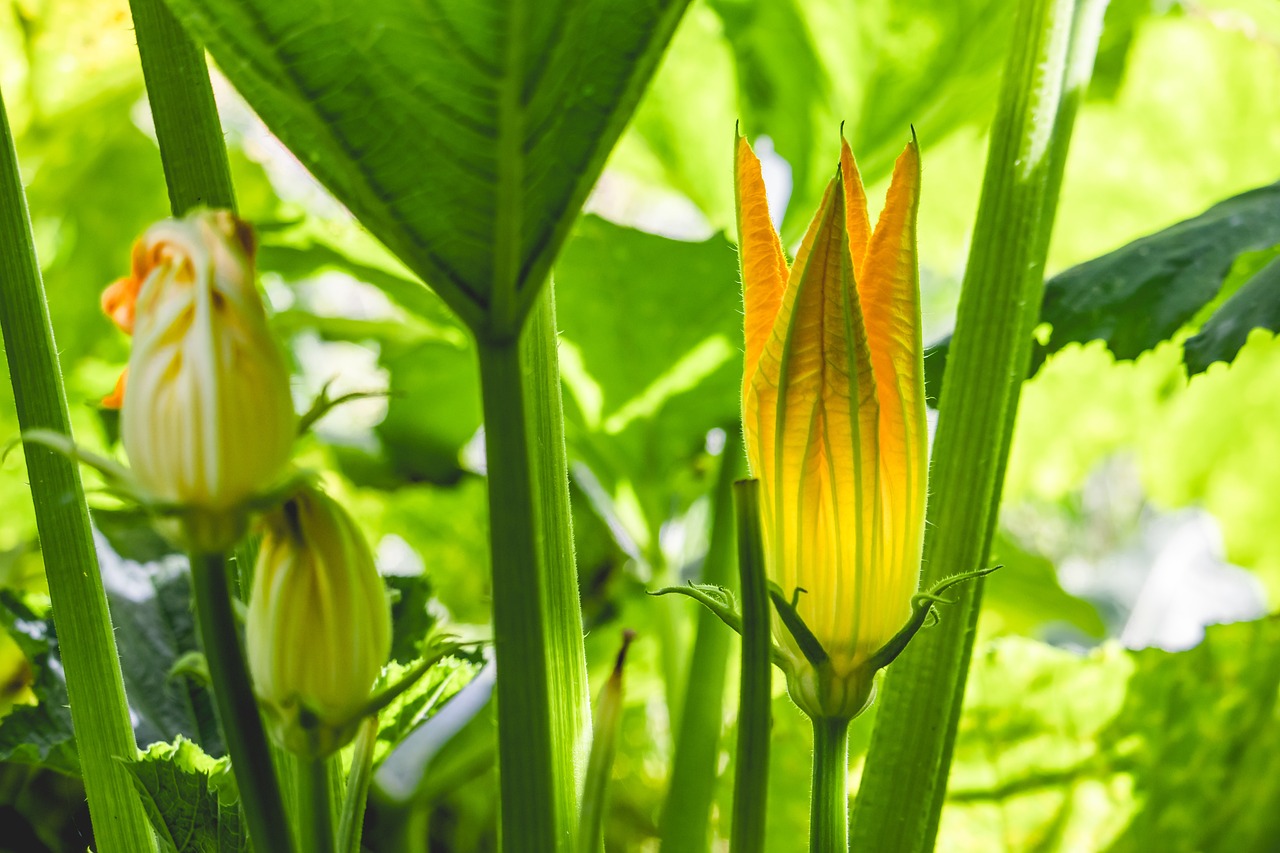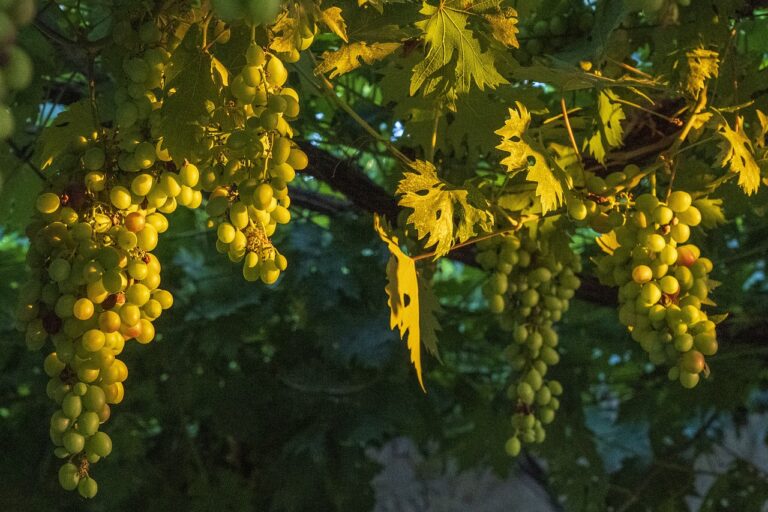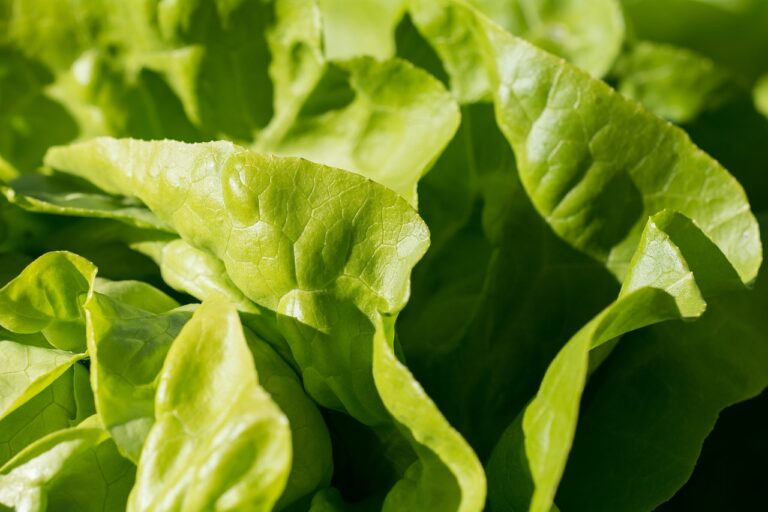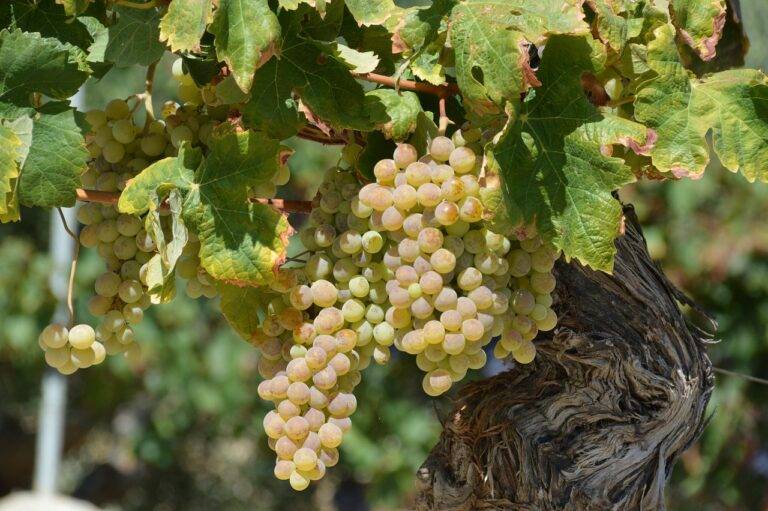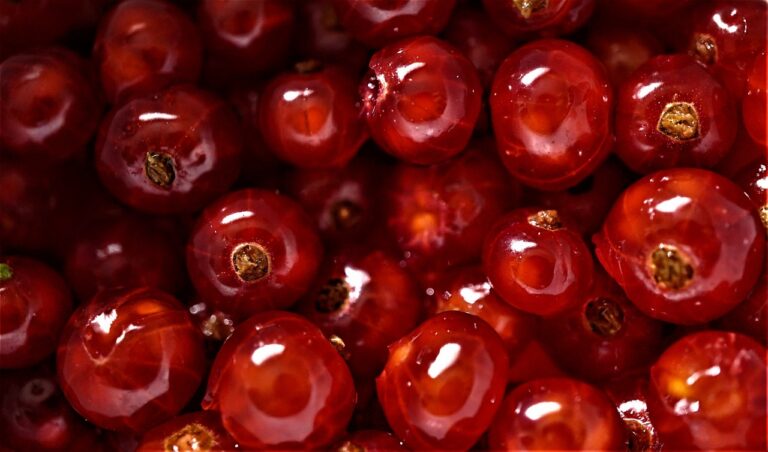Kombucha and Environmental Consciousness: Promoting Eco-Friendly Practices in Brewing and Packaging
allexch login app, 99 exch, all panel login: Kombucha and Environmental Consciousness: Promoting Eco-Friendly Practices in Brewing and Packaging
Are you a fan of kombucha? If you love this trendy probiotic drink, you’re not alone. Kombucha has been gaining popularity in recent years due to its health benefits and unique flavors. But as more people turn to kombucha for their daily dose of probiotics, it’s essential to consider the environmental impact of producing this beloved beverage.
In this blog post, we’ll explore how kombucha brewers can promote eco-friendly practices in brewing and packaging to minimize their environmental footprint. From sourcing sustainable ingredients to using recyclable bottles, there are many ways kombucha companies can prioritize sustainability in their operations.
Sourcing Sustainable Ingredients
One of the key ways kombucha brewers can promote eco-friendly practices is by sourcing sustainable ingredients. This means choosing organic and locally sourced ingredients whenever possible to reduce the carbon footprint associated with transportation. By supporting local farmers and suppliers, kombucha companies can also contribute to their communities’ economic development.
When it comes to tea, the primary ingredient in kombucha, opting for organic and fair-trade varieties is crucial. Organic tea is grown without synthetic pesticides or fertilizers, which can harm the environment and contaminate water sources. Fair-trade tea ensures that farmers receive fair wages and working conditions, promoting social and environmental sustainability.
In addition to tea, kombucha often contains other flavorings and sweeteners, such as fruits, herbs, and spices. Choosing organic and sustainably sourced options for these ingredients can further enhance the eco-friendliness of the final product.
Using Renewable Energy
Another way kombucha brewers can reduce their environmental impact is by using renewable energy sources in their brewing process. Switching to solar, wind, or hydroelectric power can help reduce greenhouse gas emissions and dependence on fossil fuels. By investing in renewable energy, kombucha companies can take a significant step towards sustainability.
Furthermore, incorporating energy-efficient brewing equipment and practices can also help reduce energy consumption and minimize waste. From optimizing fermentation temperatures to recycling heat generated during the brewing process, there are many ways kombucha brewers can make their operations more energy-efficient.
Packaging with Purpose
Packaging is another critical aspect of promoting eco-friendly practices in the kombucha industry. Choosing recyclable or biodegradable materials for bottles, caps, and labels can help reduce waste and minimize the environmental impact of packaging. Glass bottles are a popular choice for kombucha packaging, as they are widely recyclable and can be reused multiple times.
For companies looking to further enhance their sustainable packaging efforts, exploring options like compostable bottles or refillable containers can be beneficial. By encouraging customers to return empty bottles for refilling, kombucha brewers can reduce waste and promote a circular economy.
In addition to the materials used, the design and labeling of kombucha packaging can also play a role in promoting eco-friendly practices. Using minimalistic and eco-conscious packaging designs, as well as providing clear instructions for proper disposal or recycling, can help educate consumers and encourage sustainable behavior.
Collaborating for a Cause
Collaborating with like-minded organizations and initiatives can also help kombucha brewers promote environmental consciousness in the industry. By partnering with conservation groups, environmental nonprofits, or sustainability-focused businesses, kombucha companies can amplify their impact and support broader efforts to protect the planet.
From participating in beach cleanups to sponsoring tree-planting initiatives, there are many ways kombucha brewers can engage with their communities and contribute to environmental conservation. By leveraging their brand influence and resources for good, kombucha companies can inspire positive change and raise awareness about pressing environmental issues.
—
FAQs
Q: Is kombucha packaging recyclable?
A: Many kombucha companies use glass bottles that are recyclable. It’s essential to check with your local recycling guidelines to ensure proper disposal.
Q: How can I reduce my environmental impact when drinking kombucha?
A: Look for brands that prioritize sustainability in their sourcing and packaging practices. You can also support companies that use renewable energy and participate in eco-friendly initiatives.
Q: Are there any certifications to look for when buying eco-friendly kombucha?
A: Look for certifications like USDA Organic, Fair Trade, or B Corp to ensure that the kombucha brand meets high standards of sustainability and social responsibility.
Q: Can I make my kombucha at home to reduce waste?
A: Homemade kombucha can be a sustainable option if you use organic ingredients and reusable containers. Just make sure to follow proper brewing and storage practices to ensure the quality and safety of your homemade brew.
Q: How can I support environmentally conscious kombucha companies?
A: Choose to buy from brands that prioritize sustainability and transparency in their operations. Share your support for eco-friendly practices with your friends and social networks to help raise awareness about the importance of environmental consciousness in the kombucha industry.
In conclusion, promoting eco-friendly practices in brewing and packaging is essential for kombucha companies to minimize their environmental impact and contribute to a healthier planet. By sourcing sustainable ingredients, using renewable energy, prioritizing eco-friendly packaging, and collaborating with like-minded organizations, kombucha brewers can make a positive difference in the world while satisfying consumers’ thirst for probiotic-rich beverages. Cheers to a greener future for kombucha and beyond!

